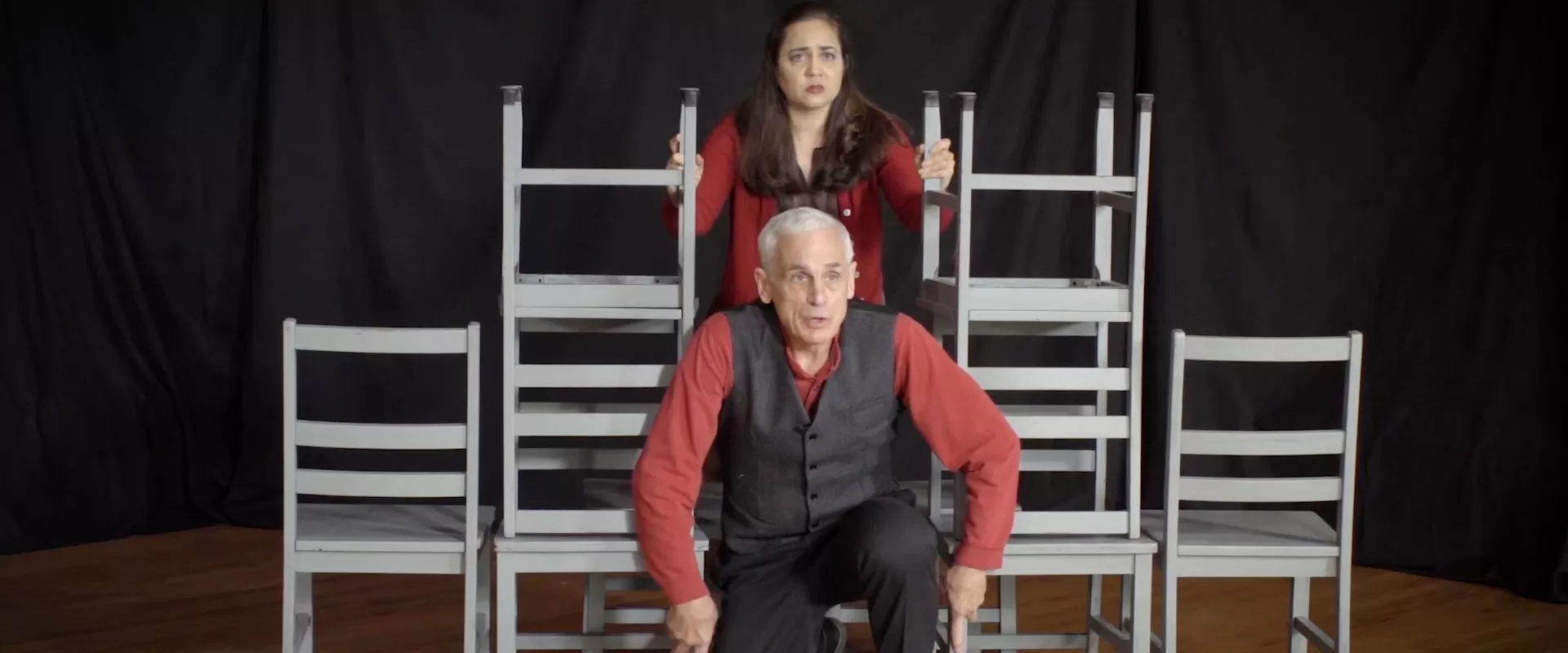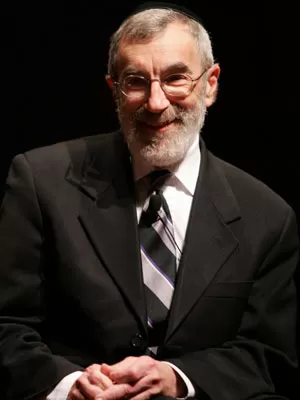World premiere: May 12, 2008, Benaroya Hall, Seattle, WA, at Music of Remembrance's Holocaust Remembrance Day concert.
Paul Schoenfield offers the following remarks:
I am extremely indebted to my colleague Bret Werb, resident musicologist at the U.S. Holocaust Memorial Museum, for introducing me to the music and poetry of Mordecai Gebirtig. Bret also steered me to Polish-American Yiddishist Joseph Mlotek, who places Gebirtig in a select group of poets and bards: "What emerged from his pen, as well as his heart, was a pure hymn of love for his people, a hymn touched with sorrow, sad news and--on occasion--happiness. With tenderness and gentle humor Gebirtig offered an insight, not only into the everyday life and milieu of the people he immortalized in song, but into their feelings and emotions, their hopes and dreams." Ghetto Songs is a setting of six Gebirtig poems fortuitously preserved in the notebook the poet kept with him in the ghetto. It is very different from Kulisiewicz's unrelenting sarcasm and black humor in the texts I used for Camp Songs. Mina Miller and I settled on these poems by Gebirtig because they are written across this whole range between hope and gladness and despair. Paralleling other folk settings that I've done, Gebirtig's poems were used as a broth to nourish a relatively large-scale work. Of course everyone has socially learned musical tastes so when composing you have to take that into account. To ears accustomed to European music, for instance, an Arab love song might sound funereal, and so with Yiddish tunes. I used a very simple melodic and harmonic vocabulary. Anything else would distract from the poet's intent. Six songs were appropriate for the length of the piece, and I ordered them to create the song cycle's portrait of Gebirtig, so they are not presented in the order they were written. Ghetto Songs was completed in February 2008.
- Shifreles portret (Shifrele's Portrait) Krakow, December 1939
Cut off from his oldest daughter by the Soviet annexation of Lemberg, where she lived, Gebirtig talks to his photograph of her, hoping that their separation will soon be over. - Minutn fun yiesh (Moments of Despair) Krakow, September 1940
Hope is in short supply a year after the German invasion, and Gebirtig wrestles with the anguish of not knowing what's to come. - Glokn klang! (Tolling Bells) Łagiewniki, October 1941
To this day it is the custom not to directly mention the name of negative entities, realizing that naming them can only add to their strength. So with Gebirtig, who speaks only of the oppresssiveness of evil. - Undzer friling! (Our Springtime) Krakow Ghetto, April 1942
Gebirtig's third spring under Nazi rule brings forced confinement in the Krakow ghetto. It is a bitter spring, with nothing new to celebrate. - A zuniker shtral (A Ray of Sunshine) Łagiewniki, May 1941
Gebirtig meditates on a ray of sunshine that pierces the bitter gloom, and dreams of home, of spring, of peace. - Minutn fun bitokhn! (Moments of Confidence) Krakow, October 1940
Gebirtig turns to the Book of Esther for a story of resistance and endurance: Haman, a counsel to the Persian King Achashverosh, tries to eliminate the Jews, but is himself killed instead.
For the basis of the poems' description, I owe thanks to Bret Werb for his notes to the CD recording Krakow Ghetto Notebook (Koch International Classics).


